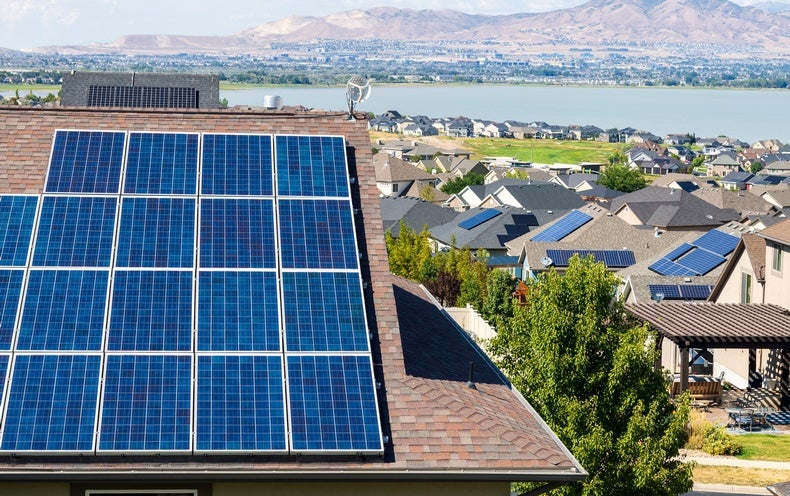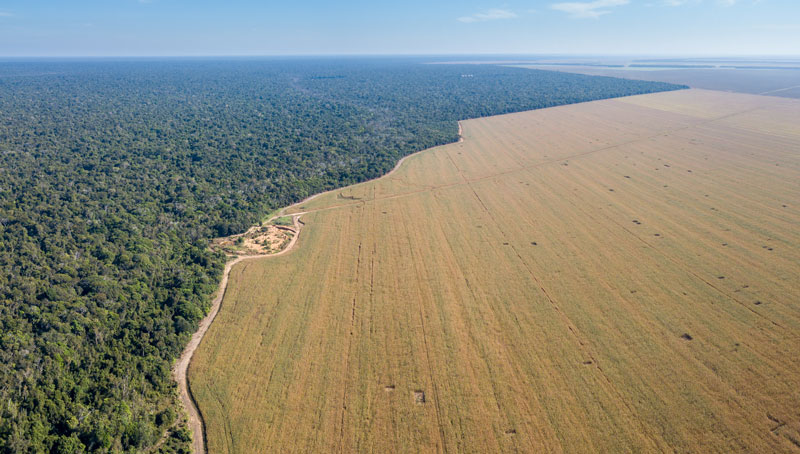Because the world hurtles towards a future with temperatures above the thresholds scientists say will result in the worst local weather disruptions, humanity must take all of the actions it might—collectively and as people—to carry planet-warming emissions down as rapidly as potential. Governments and corporations have to do the lion’s share of the work, however bizarre individuals will even have to make adjustments of their on a regular basis lives. An important query has been how finest to spur individuals towards extra climate-friendly behaviors, reminiscent of taking the bus as an alternative of driving or decreasing house vitality use.
New analysis revealed in Proceedings of the Nationwide Academy of Sciences USA pooled the outcomes of 430 particular person research that examined environment-related behaviors reminiscent of recycling or selecting a mode of transportation—and that appeared into altering these behaviors by a number of interventions, together with monetary incentives and academic campaigns. The authors analyzed how six several types of interventions in contrast with each other of their potential to affect real-world habits and at how 5 behaviors in contrast by way of how straightforward they have been to vary.
As will be seen within the graphic beneath, monetary incentives and social strain labored higher at altering behaviors than did training or suggestions (for instance, experiences of 1’s personal electrical energy use). The outcomes strengthened what environmental psychologists have discovered when taking a look at these interventions in isolation.
Credit score: Amanda Montañez; Supply: “Area Interventions for Local weather Change Mitigation Behaviors: A Second-Order Meta-Evaluation,” by Magnus Bergquist et al., in Proceedings of the Nationwide Academy of Sciences USA, Vol. 120, No. 13, Article No. e2214851120. Printed on-line March 21, 2023
Although training will be essential to make the general public conscious of an issue within the first place, “we discover time and again that it’s not very efficient” at truly altering behaviors, says examine co-author Magnus Bergquist, a psychologist on the College of Gothenburg in Sweden. It’s much like how figuring out that we must always train extra or drink much less alcohol doesn’t imply we are going to accomplish that, he explains. “Simply figuring out what’s proper, or wholesome, or environmentally pleasant isn’t actually a ample mannequin for altering behaviors,” Bergquist says.
On the flip aspect, the brand new analysis discovered social strain had the strongest impact on behavioral change. Such strain can take passive kinds, such because the sight of a bigger variety of our neighbors including photo voltaic panels to their homes or buying electrical vehicles, or extra energetic ones, reminiscent of house vitality experiences that examine our vitality use with our neighbors’.
“Folks choose their very own habits towards what others are doing. There’s a powerful tendency to adapt to social norms,” says Susan Pleasure Hassol, director of Local weather Communication, a nonprofit science and outreach undertaking. For instance, “those that know somebody who has stopped flying due to local weather change usually tend to curtail their very own flying—and the impact is elevated if it’s a high-profile person who’s stopped flying,” provides Hassol, who was not concerned with the brand new examine. “This social contagion is why it’s so necessary to speak in regards to the local weather actions you are taking.”
Credit score: Amanda Montañez; Supply: “Area Interventions for Local weather Change Mitigation Behaviors: A Second-Order Meta-Evaluation,” by Magnus Bergquist et al., in Proceedings of the Nationwide Academy of Sciences USA, Vol. 120, No. 13, Article No. e2214851120. Printed on-line March 21, 2023
The examine additionally discovered that some behaviors have been simpler to vary than others, as seen within the graphic above. The habits almost definitely to be modified was littering. Transportation was the least prone to be altered. However even a comparatively small rise within the proportion of people that use extra climate-friendly transportation can scale back emissions greater than a bigger shift in behaviors reminiscent of recycling, which has a smaller impact on emissions. “It’s tougher to get somebody to trip a motorcycle or take the bus as an alternative of driving, in comparison with turning off the lights once they go away the room,” says examine co-author and psychologist Matthew Goldberg, director of experimental analysis on the Yale Program on Local weather Change Communication. “However despite the fact that it’s a lot tougher to maneuver, it has a extremely excessive impression.”
Bergquist and Goldberg say they wish to see extra analysis into how varied interventions examine in the case of altering a selected habits—for instance, how social strain compares with monetary incentives in persuading individuals to change to electrical autos. Their examine and future analysis may also help coverage makers determine how finest to nudge individuals towards extra climate-friendly habits. And the researchers say that completely different interventions will be mixed to doubtlessly transfer the needle much more on behavioral change, significantly as a result of they’ll encourage completely different teams. “There’s so many routes to our targets,” Goldberg says. “And we have to reap the benefits of all these completely different routes as a result of we attain completely different individuals.”


